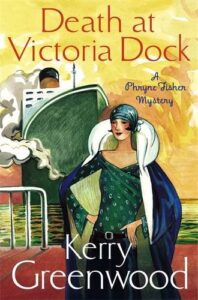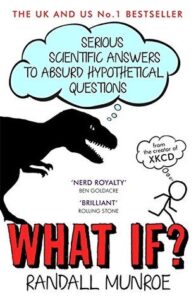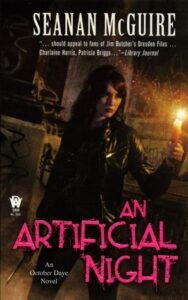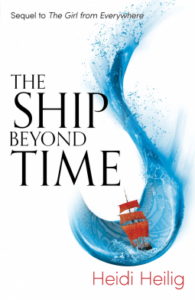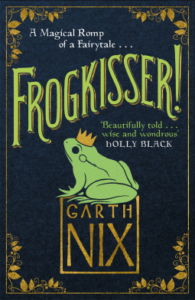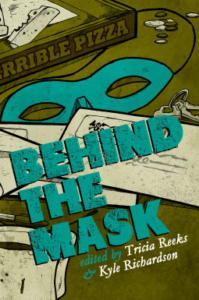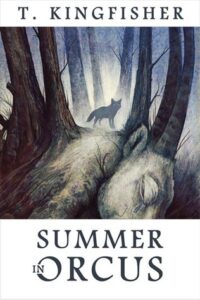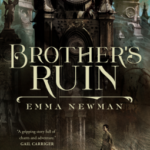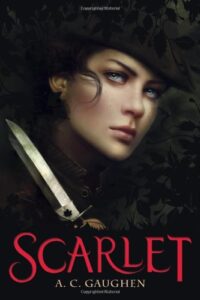 Scarlet, A.C. Gaughen
Scarlet, A.C. Gaughen
I wanted to love this. It’s Robin Hood, and it puts a female character at the heart of the band, working directly with Robin as capably as any of the guys. In fact, she is one of the guys — she’s Will Scarlet. The idea of a woman becoming part of the band in disguise isn’t a new one — Marian has joined the band in the disguise of a page, there’s Djaq in the BBC’s Robin Hood series, etc. I’m not sure if it’s ever been Will Scarlet before, but it’s a known and loved trope.
Honestly, I’m not sure how well it works here. Everyone and their mother seems to know that Scarlet’s a girl, and it isn’t hard at all to guess about her past and her real identity — even for people within the story. I know this is YA, but I’d still hoped for a bit more subtlety, if not mystery. I was pretty uncertain about the Robin-John-Scarlet love triangle, though it does have its interesting moments.
(And horrifying ones. There’s a scene where Robin calls Scarlet a whore for basically no reason. I couldn’t believe in the fascination of him from that point on. I’m also really over the abusive relationship between Scarlet and a character from her past.)
There’s also interesting stuff about Scarlet’s character: her difficulty with eating when people around her are starving, her coarse ways contrasted with her care for the people around her, her prickliness at the same time as she badly wants to belong.
What really killed it for me, though, was the narration. Given her actual identity, there’s no reason for her to talk like a commoner… and she doesn’t even talk like a commoner. Some of it doesn’t make grammatical sense in any dialect I know. Instead, it’s just faux-vernacular that might fool someone with no experience of dialect, but doesn’t fool me. And the other characters, for all that they have lower born backgrounds, don’t talk like her at all. It sticks out like a sore thumb.
Overall, I just couldn’t settle in and enjoy it, even if I tried to keep in mind that it’s YA, I’m rather over-versed in Robin Hood lore, etc, etc. I’m not going to continue the series. I’d probably give this one star, but I was curious enough to finish it.
Rating: 2/5
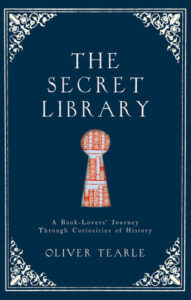 The Secret Library, Oliver Tearle
The Secret Library, Oliver Tearle
